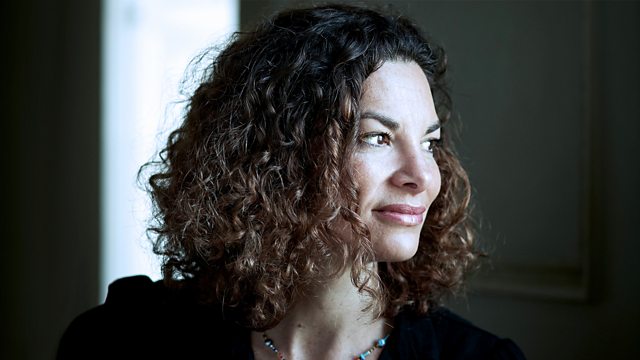Climate change and oil and gas exploration; cutting methane emissions; African wild dog populations; freezing eggs and sperm
Climate change and oil and gas exploration; reducing methane emissions; African wild dog populations; freezing eggs and sperm for up to 55 years. Presented by Gaia Vince.
We鈥檙e just weeks away from the big international climate talks in Glasgow, where governments will be trying to figure out a workable plan for how to keep global temperature rise below 1.5 degrees. Gaia Vince explores a couple of strategies to tackle climate change.
By far the biggest source of the rise comes from the release of greenhouse gases when we burn fossil fuels, like coal, oil and gas. So it鈥檚 no surprise that we need to cut back on this habit - but much of the discussions are over how much of our reserves countries can continue to burn. Earlier this year, a landmark report from the International Energy Agency said there must be an immediate end to new fossil fuel exploration, and that current production must drop by 75% by 2050 if we are to stay within emissions targets. Daniel Welsby from UCL talks to Gaia about his just published massive analysis of fuel reserves and extraction. His study doesn鈥檛 go as far as the IEA鈥檚, but still says that 60% of the remaining oil and gas, and 90% of coal reserves must stay underground if we are to keep below that 1.5C temperature rise.
Natural gas, or methane, has a much stronger effect on temperature than carbon dioxide, but because it doesn鈥檛 last very long in the atmosphere before converting into carbon dioxide, it鈥檚 been a bit overlooked by governments. Two recent reports, from the IPCC and the UN, have pointed out that cutting methane emissions would be a quick win in reducing global heating. Most of our methane emissions are because of leaks from the oil and gas industry, or from landfill sites and agriculture. Gaia discusses tackling methane with Drew Shindell, of Duke University in North Carolina, the author of the Global Methane Assessment from the UN Environment Programme.
Climate change is already having an impact on life everywhere. We鈥檝e all seen the powerful pictures of polar bears on melting ice, but global warming is also causing problems for species in the tropics. Dani Rabaiotti of the Zoological Society of London explains how climate change is having an impact on African wild dogs, a species which is already endangered.
This week the Human Fertilisation and Embryo Authority A recommended that the time limit for using frozen eggs, sperm and embryos, should be extended from 10 years to 55 years. Shahnaz Akbar, a fertility expert at Luton and Dunstable Hospital, explains what has changed in the science of preserving eggs from when the law was originally passed.
Last on
Broadcasts
- Thu 9 Sep 2021 16:30麻豆官网首页入口 Radio 4
- Thu 9 Sep 2021 21:00麻豆官网首页入口 Radio 4
Explore further with The Open University
Discover more fascinating science content with The Open University
Podcast
-
![]()
麻豆官网首页入口 Inside Science
A weekly programme looking at the science that's changing our world.


